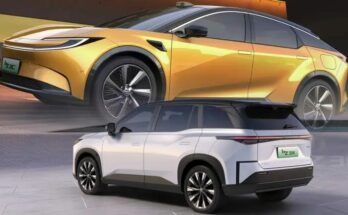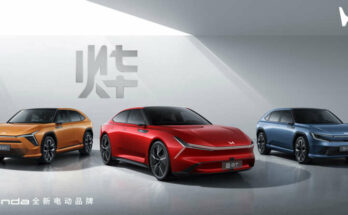The following piece reflects how Japanese media sees Toyota getting massive subsidies to develop EV batteries for its pure electric vehicles.
Toyota Motor Corporation will receive a special taxpayer subsidy of approximately 118 billion yen (US$840 million), according to a statement from the Ministry of Economy, Trade, and Industry (METI), which was released last week. This money will be used to create cutting-edge batteries for electric vehicles (EVs).
This is an implicit admission of a major strategic error. METI Minister Yasutoshi Nishimura said, “I hope large-scale investments by Toyota and others will significantly strengthen our country’s battery supply chain.”
Related: Toyota CEO Akio Toyoda is Dissatisfied with Japan’s Push Towards EVs
Soft-pedaled by the Japanese media was the obvious question–why should the world’s largest automaker, which possesses enormous resources, need to dip into the public purse for battery development at all? The answer is that Toyota has spent long years dismissing the idea that EVs should or would become the main technology of the future. They largely squandered their lead in the past decades, scoffing at Tesla and other rising EV challengers.
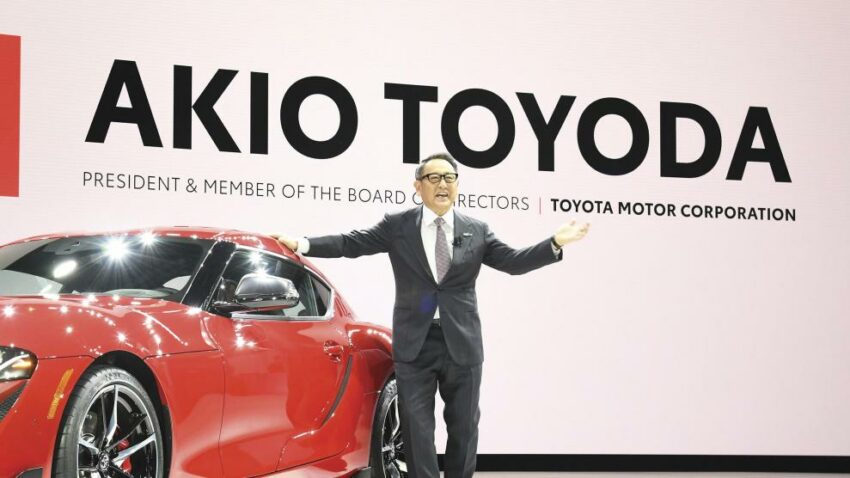
Particularly Akio Toyoda has long been emphatic that hydrogen fuel cell vehicles have greater promise, that internal combustion engines with hybrid propulsion systems would continue to dominate for decades to come, and that supporters of electric vehicles are terribly wrong.
Related: Silent Majority is Still Doubtful About EVs, Says Akio Toyoda
But in last week’s annual meeting, all the headlines were about Toyota’s initiatives to develop and sell new lines of EVs. A few of Toyota’s own shareholders have even demanded more details on how the company has been lobbying governments around the world against actions to address the climate catastrophe in response to its EV skepticism.
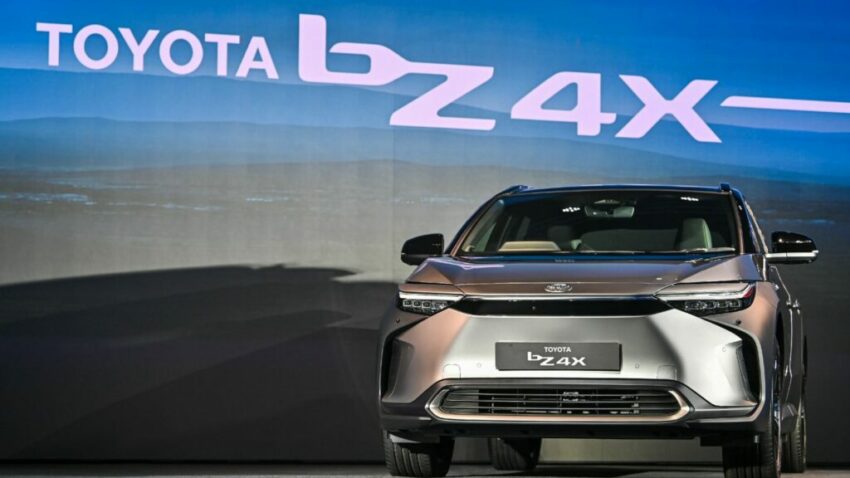
Abetted by a Japanese news media which is loathe to take on a national industrial champion–probably a key source of advertising revenues for most of them as well–Toyota looks like it is now trying to shift its long-held stance without being called out within Japan over its epic miscalculation.
Related: Toyota Struggles with Lack of Demand for bZ4X EV in Japan
But it is already too late. Chinese EV-makers such as BYD, SAIC, Geely, Nio, and XPeng are poised to become for global markets what Toyota itself was in the 1970s; the cheap, consumer-friendly, environmentally-responsible alternative which reshapes the automotive industry, making most of the older players look obsolete and out-of-touch.
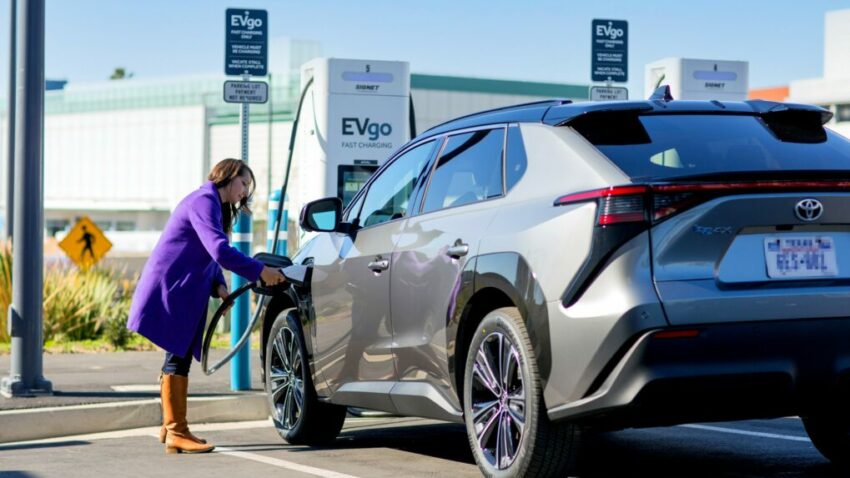
Infrastructure, including EV charging stations and other facilities for EVs, is improving in many countries. On the other hand, infrastructure for fuel cell vehicles is not being developed by nations on anything close to the same scale.
Related: Honda CEO Admits Chinese EV Makers Are Way Ahead
Toyota will, of course, get a slice of the EV pie. In the current climate, it may also receive some benefits by playing on Sinophobic political forces. However, there is little reason to think that Japan will remain a top leader in the automotive industry, merely functioning as a specialized middling power, similar to how it does in practically every other industry.
Source: Akihabara News

A computer animation professional with over 23 years of industry experience having served in leading organizations, TV channels & production facilities in Pakistan. An avid car enthusiast and petrolhead with an affection to deliver quality content to help shape opinions. Formerly written for PakWheels as well as major publications including Dawn. Founder of CarSpiritPK.com

